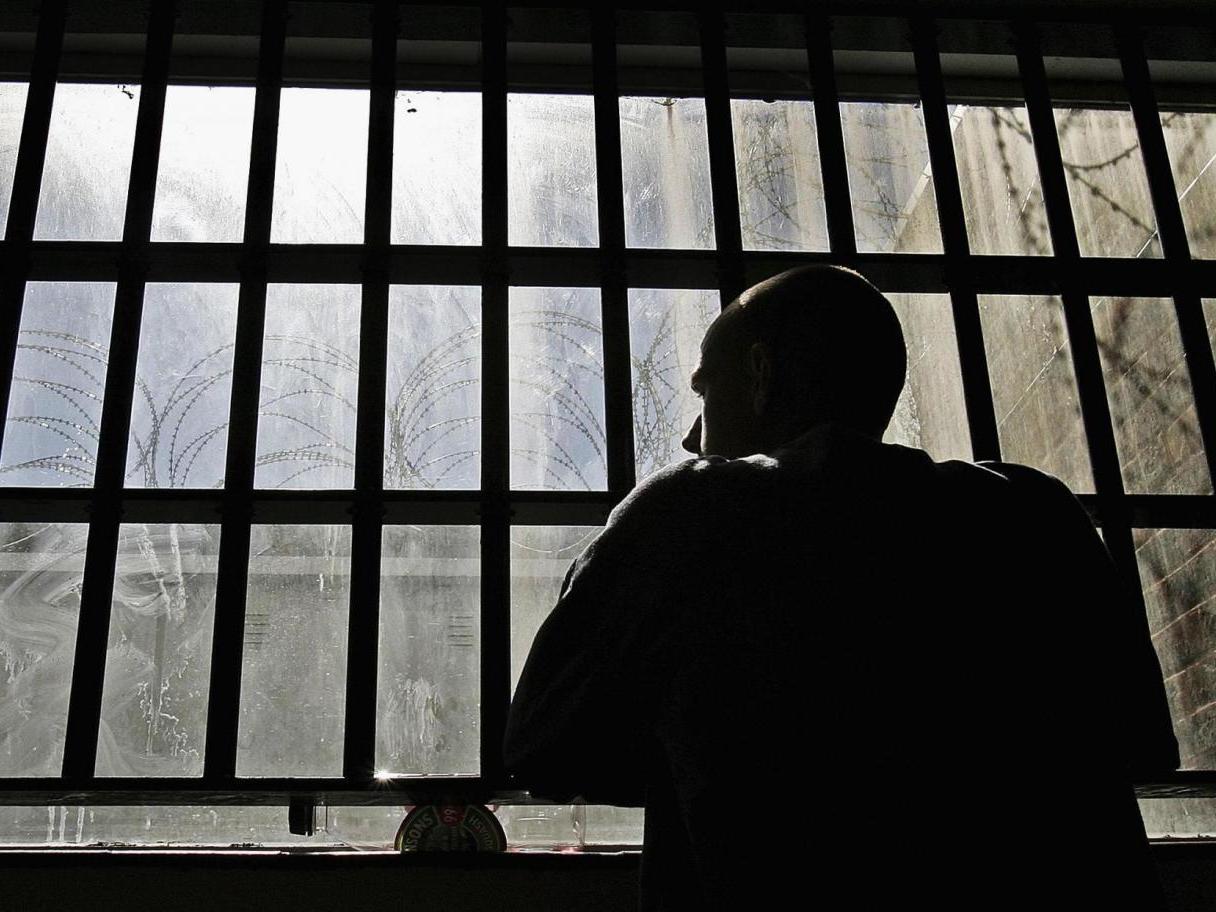Ministers must sign off before putting young people in solitary confinement, says Children's Commissioner
Anne Longfield tells MPs it 'would be a very strong message and force a culture change'

Ministers should be required to sign off on putting young people in solitary confinement, the Children’s Commissioner said, as new research revealed a dramatic rise in the number being locked on their own.
Anne Longfield told MPs it would “really shine a light” on the issue if there was a ministerial sign-off any time a child is put in isolation for more than 72 hours.
Her report, which she presented to the Joint Committee on Human Rights, revealed that despite a considerable drop in the overall number of children who are detained, some young offenders were spending up to 23.5 hours in a cell each day.
This would appear to contravene Articles 37 and 40 of the United Nation's Convention on the Rights of the Child.
Solitary confinement is defined by the United Nations as “the confinement of prisoners for 22 hours or more a day without meaningful human contact”.
Ms Longfield's report also showed that the average length of periods of segregation has doubled from eight to 16 days between 2014 and 2018, with 70 per cent of episodes of segregation lasting more than one week.
She told MPs: “I absolutely think there should be ministerial sign off for the use of isolation on children in custody after 72 hours. This would be a very strong message and force a culture change.”
The Independent spoke to the mother of one young person who was locked in segregation for eight months while serving time HMP Feltham after he was sentenced to life at the age of 14 on a joint enterprise conviction for a murder.
Sheena Evelyn said her son Kyefer was allowed out of his cell for just half-an-hour every day.
Now 19, he has been moved to an adult prison HMP Deerbolt, where he has again been placed in solitary confinement.
As a result of being locked up alone for almost full days, Ms Evelyn said her son was experiencing a rapid decline in his mental health.
“I went to see him last Saturday and it was worst state I’d seen him in," she said. "He doesn’t know what day it is, what time it is. He looked like a dazed rabbit in headlights, disorientated and tired. He’s getting no sunlight, he’s very pale.
“His little sister drew him a picture while we were in the waiting area and they wouldn’t even let him take it to his room… It can’t be good for anybody. He’s got a cell with nothing but a bed and a toilet. When I imagine what he’s going through, it crucifies me.”
In another case, cited in Ms Longfield’s report, a child from a YOI said they felt “upset and anger” at being put into isolation.
“I've gone from being out of my pad all day to being isolated, well locked up really, for three days straight, so there was a lot of emotions going through my head. I didn't really know what was going on," they told her. ”I was up and down, I was angry smashing up my pad and stuff like that. I ended up tying something round my neck and dropped to the ground.“
The Children's Commissioner's report found that gang involvement, prison staffing levels and shortages of NHS mental health beds may be driving the increased use of segregation.
It comes after leading doctors called on the government to abolish the solitary confinement of children and young people, warning that it can have a “profound” impact on their health, increasing risk of suicide and self-harm.
Concerns were also raised during the parliamentary evidence session that young offenders in custody have “no faith” in complaints system for wrongful segregation and restraint.
Angus Mulready-Jones, from HM Inspectorate of Prisons, said inspectors were seeing more examples of restraint being used not for the wrong reasons in youth detention settings, with staff using it "too quickly" when there were other options.
He cited figures showing that only a third of young inmates in Young Offender Institutions believe the complaints system is fair, and just a quarter said they received responses to complaints within a week.
Mr Mulready-Jones also said however that a growing number of prison officers were being dismissed or disciplines due to poor practice with restraining minors in detention.
A Ministry of Justice spokesperson said: “The safety and welfare of young people in our care is our priority. That is why there are strict safeguards on segregation, which is only used as a last resort when someone is likely to cause harm to themselves or others.
“We are recruiting more staff and investing in enhanced support units for the most vulnerable offenders, so young people have the support they need to turn away from crime and contribute to society.”
Join our commenting forum
Join thought-provoking conversations, follow other Independent readers and see their replies
Comments
Bookmark popover
Removed from bookmarks